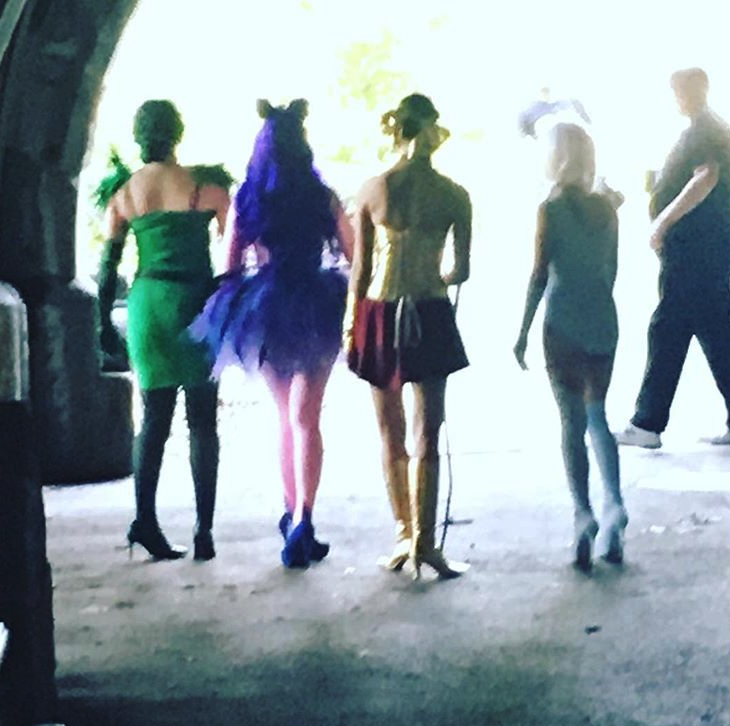
The benefit of hitting bottom is, it causes us to hold a new type of conversation with ourselves.
It forces us to recognize the festering of our own emotions. The disgust with whom we’ve become is what makes us say, okay we’re ready. This isn’t funny anymore. It’s time for a wholesale cleanup.
Rushdie, when reflecting on his recent bout of depression, joked that one of the great benefits of hitting bottom is, now you know where the bottom is.
Anyone struggling with addiction can relate to this moment. When life gives us the gift of a low, we finally realize just how far off course we’ve gotten. There’s no more guessing about where or how we went wrong, and so, all we can do is accept it, own it, forgive ourselves for it and start taking action to heal it.
The fascinating part is, this bottom out moment not only happens to people, but also to communities. Cultures. Sometimes entire countries. There’s some catastrophic event that rocks the tribe to their core. It creates a seismic shift in their collective conviction. And people shout out loud, first inside of their heads and then outside in the world, okay, this is bullshit. We can’t live like this anymore.
And then, just like the alcoholic who wakes up naked on the side of the road in a pool of his own vomit, the culture, too, wakes up. Maybe for the first time in a long time. And the subterranean forces just below the surface of their collective psyche start steering the ship of their actions.
They start making plans, asking for help, donating money, volunteering their talents and doing whatever work is required to heal. In the hopes that accepting their brokenness might crack them opens to a new kind of wholeness.
It’s one of our greatest human endowments. The ability to catalyze the energy of disgust into an agent of change.
And so, before you start chiming the armageddon bell, consider the gift of hitting bottom. Use it to help yourself to a big humility sandwich.
And then use that energy to go out there and make things better.
LET ME ASK YA THIS…
What if things were meant to get bad in order to mobilize you to take a step in the direction of your wholeness?
* * * *
Scott Ginsberg
That Guy with the Nametag
Author. Speaker. Strategist. Inventor. Filmmaker. Publisher. Songwriter.
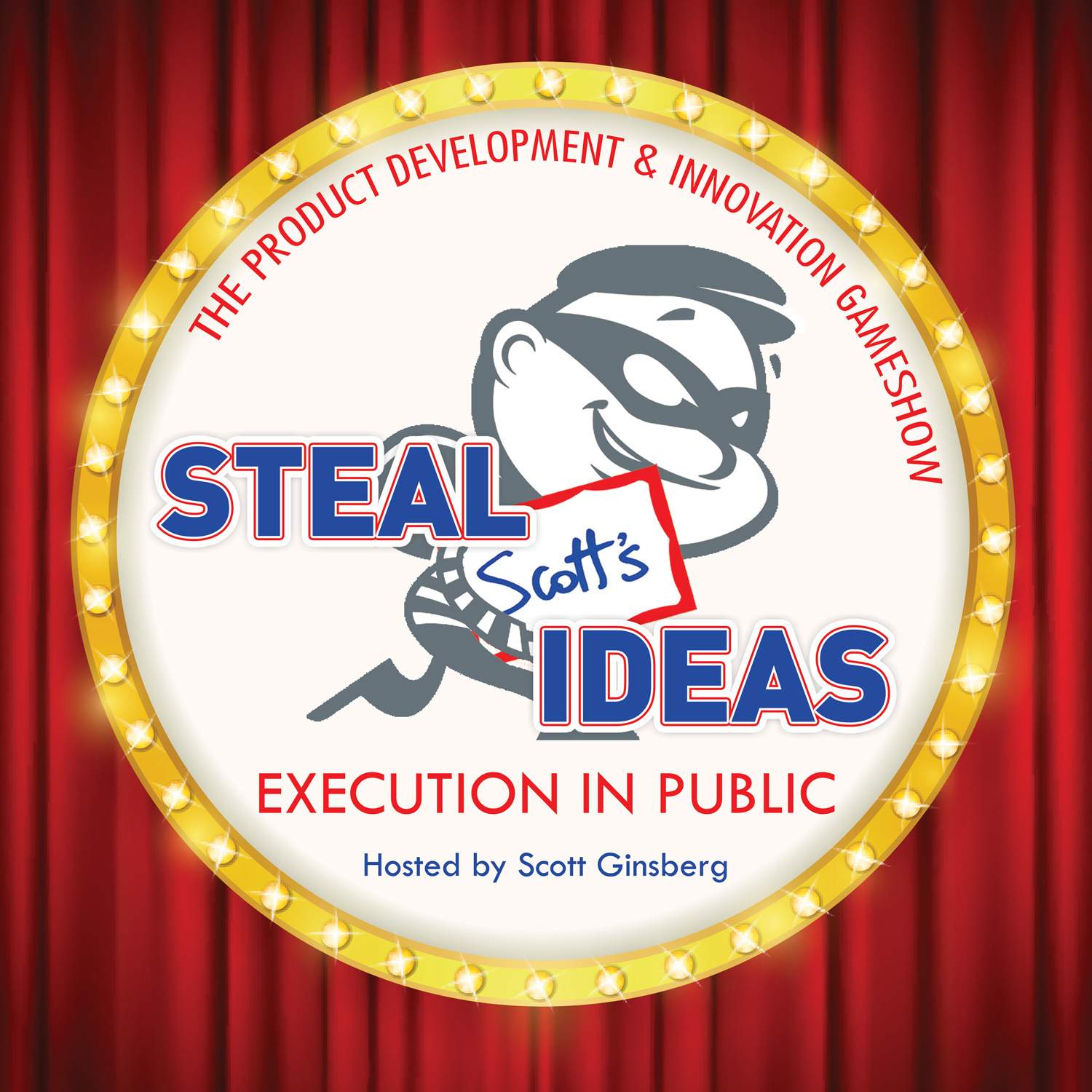 It’s the world’s first, best and only product development and innovation gameshow!
It’s the world’s first, best and only product development and innovation gameshow!
Tune in and subscribe for a little execution in public.
Join our community of innovators, artists and entrepreneurs.


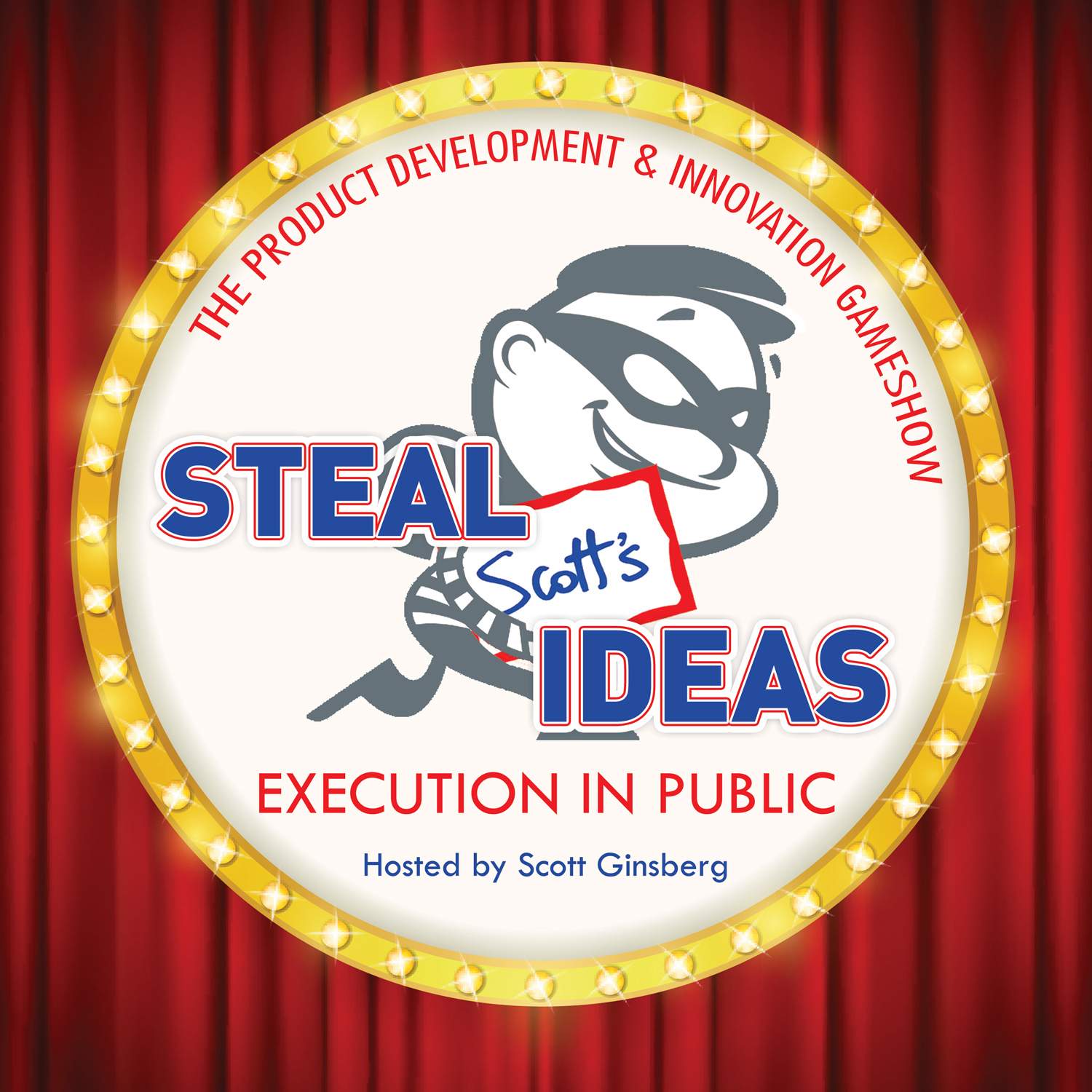 It’s the world’s first, best and only product development and innovation gameshow!
It’s the world’s first, best and only product development and innovation gameshow!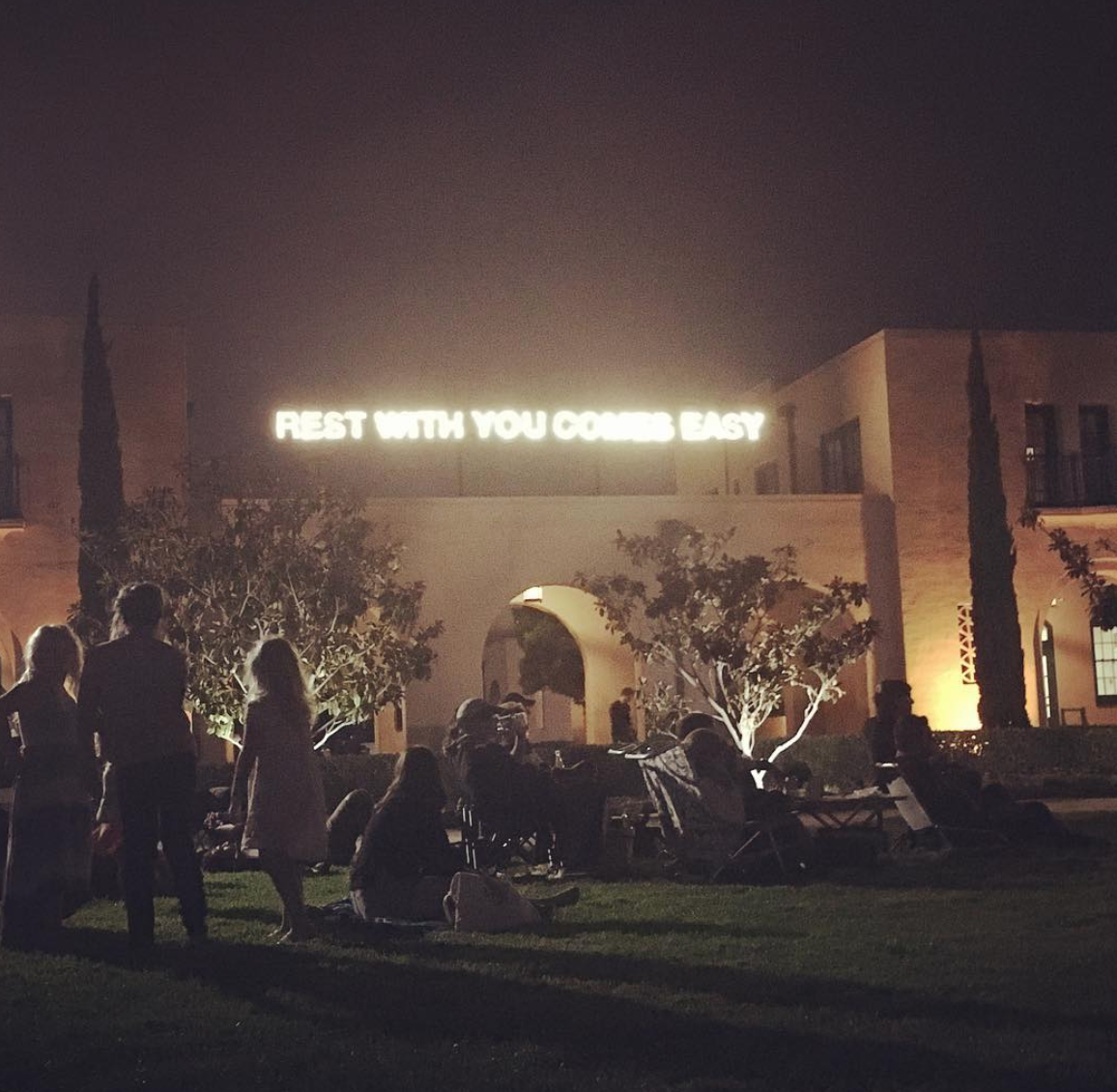
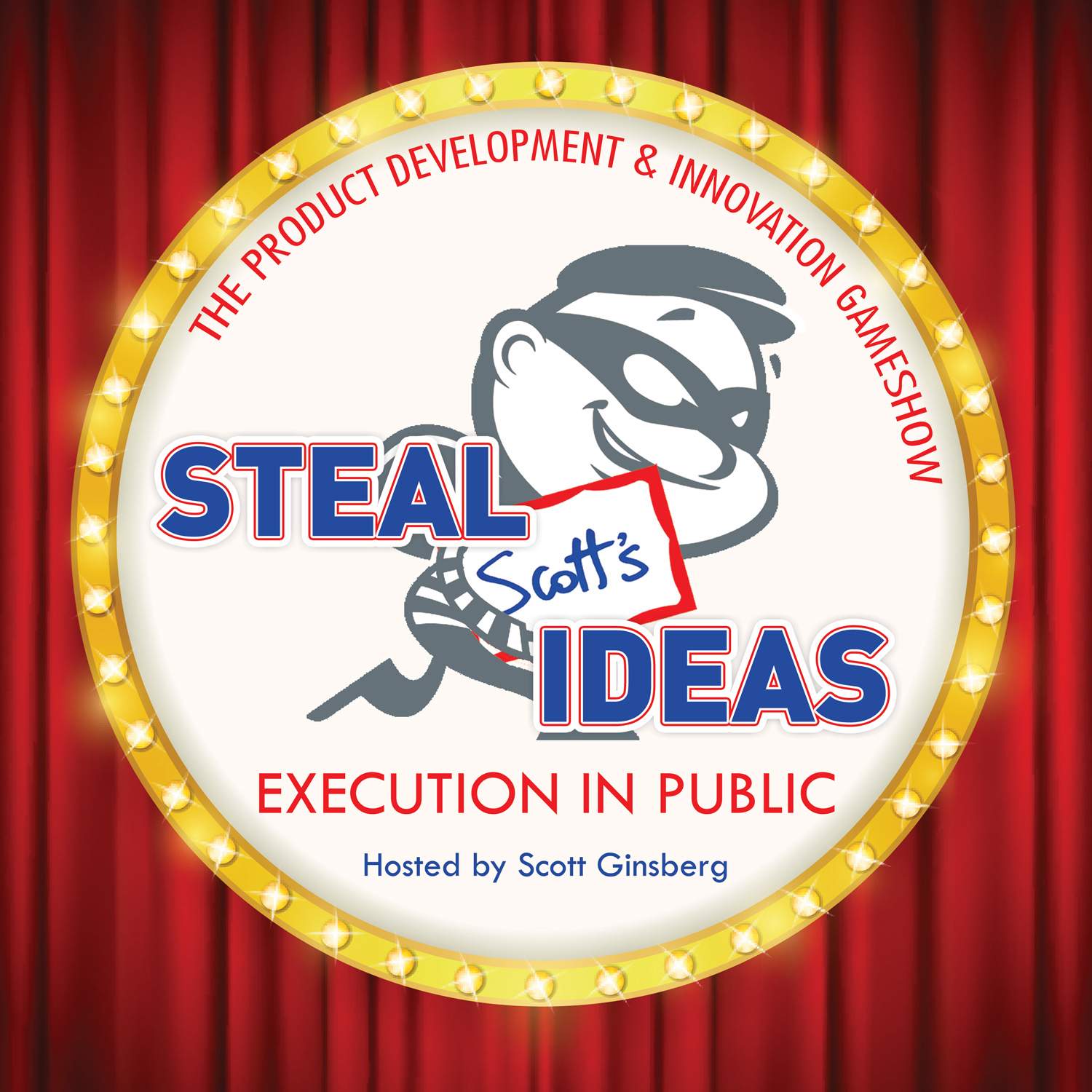 It’s the world’s first, best and only product development and innovation gameshow!
It’s the world’s first, best and only product development and innovation gameshow!
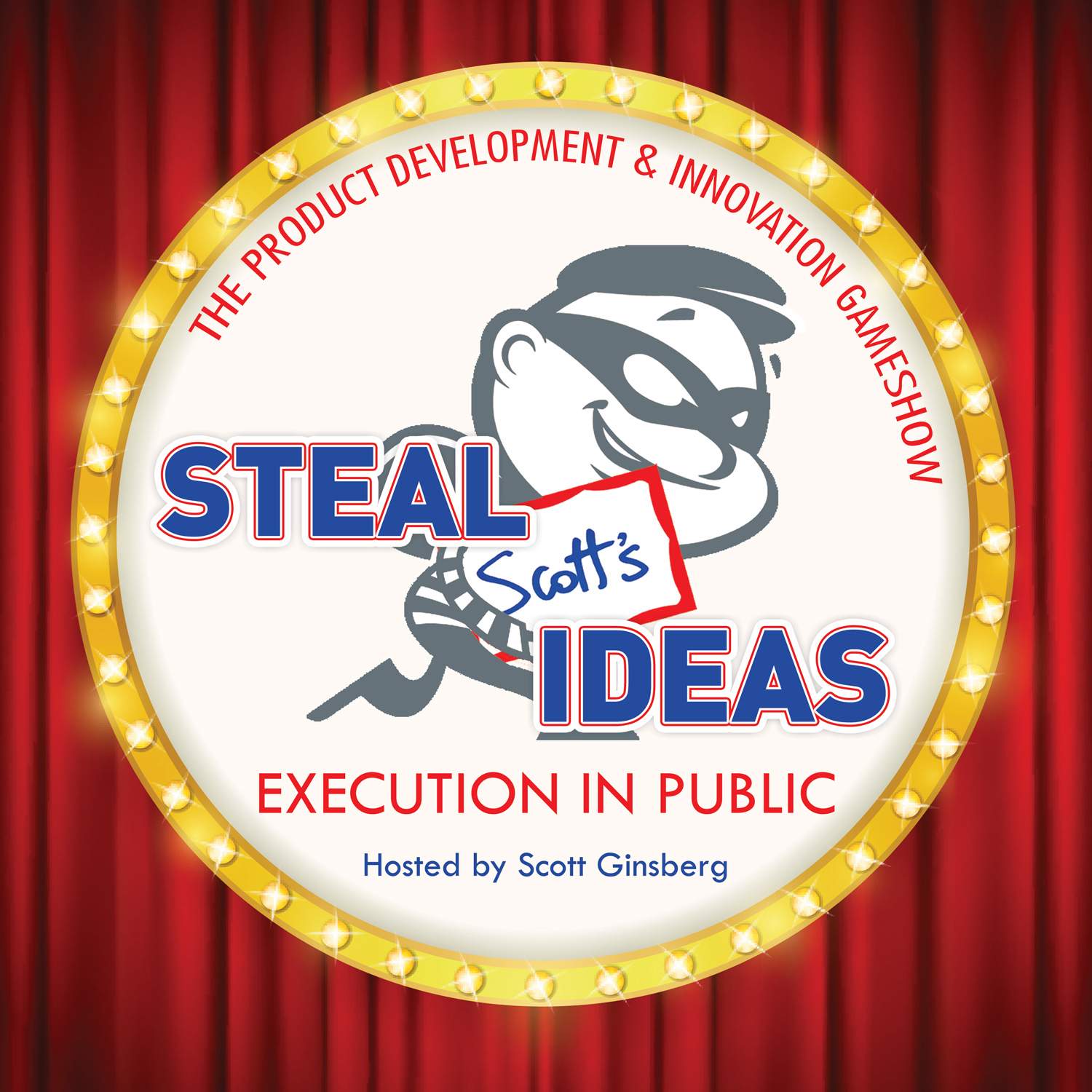 It’s the world’s first, best and only product development and innovation gameshow!
It’s the world’s first, best and only product development and innovation gameshow!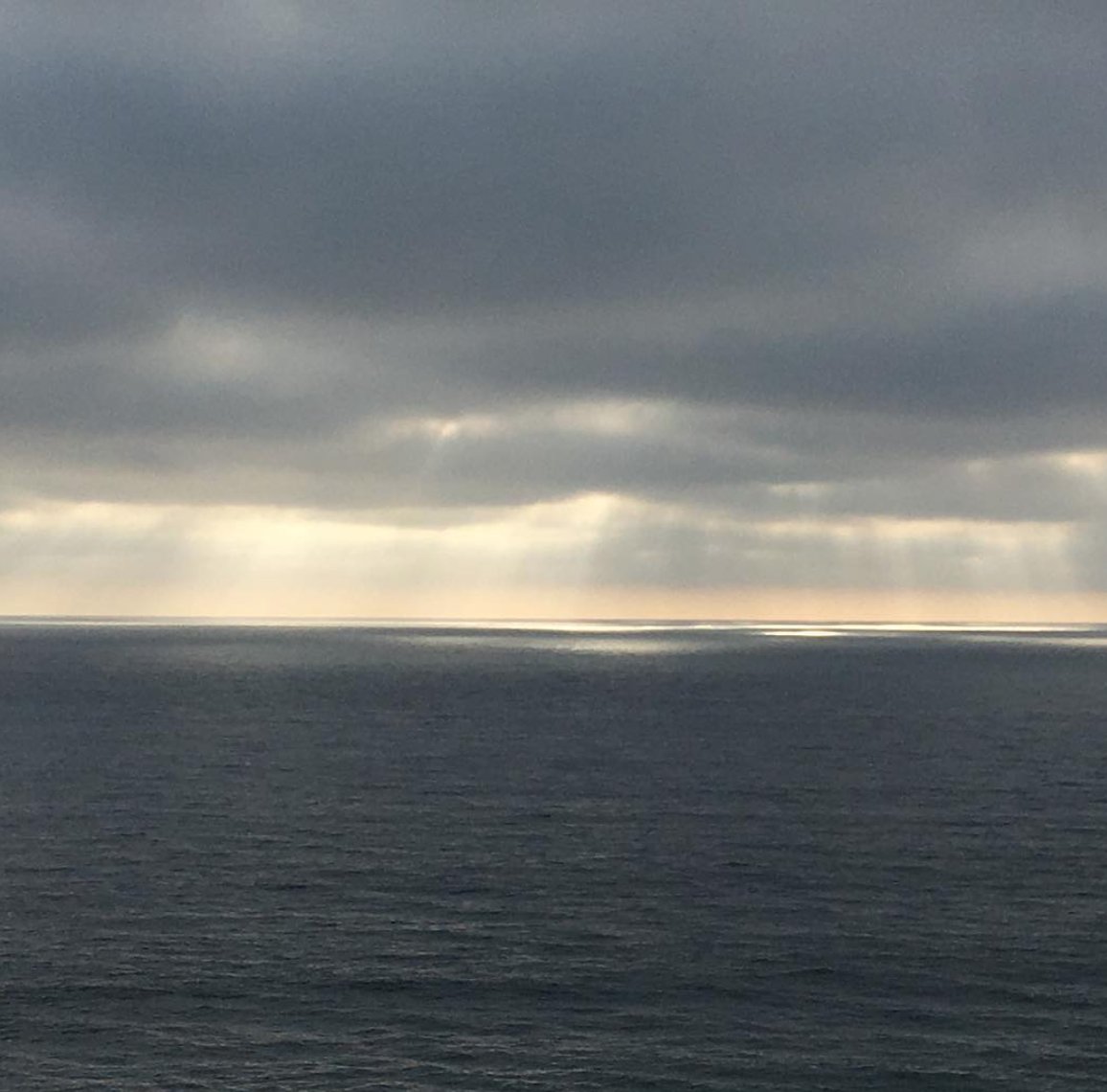
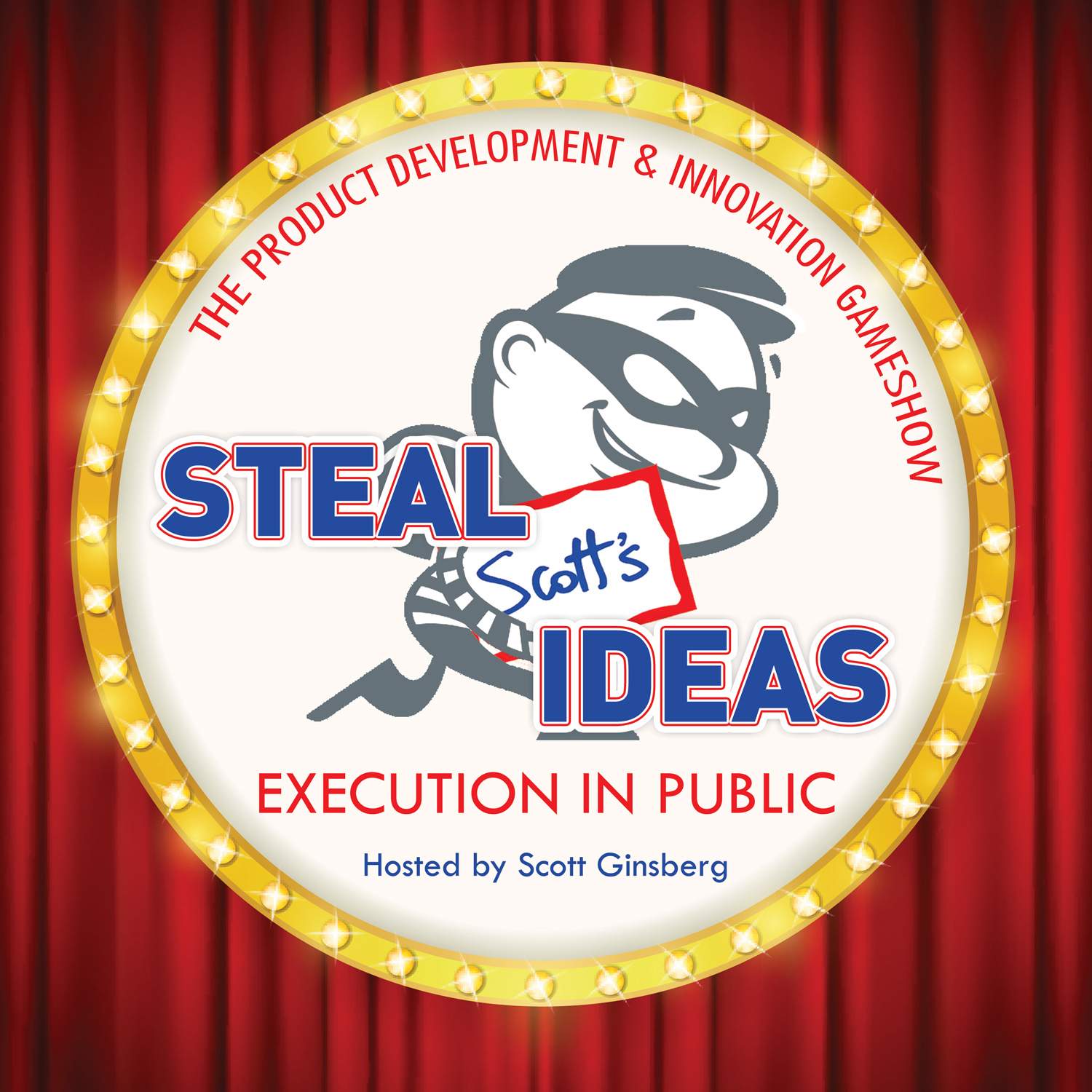 It’s the world’s first, best and only product development and innovation gameshow!
It’s the world’s first, best and only product development and innovation gameshow!
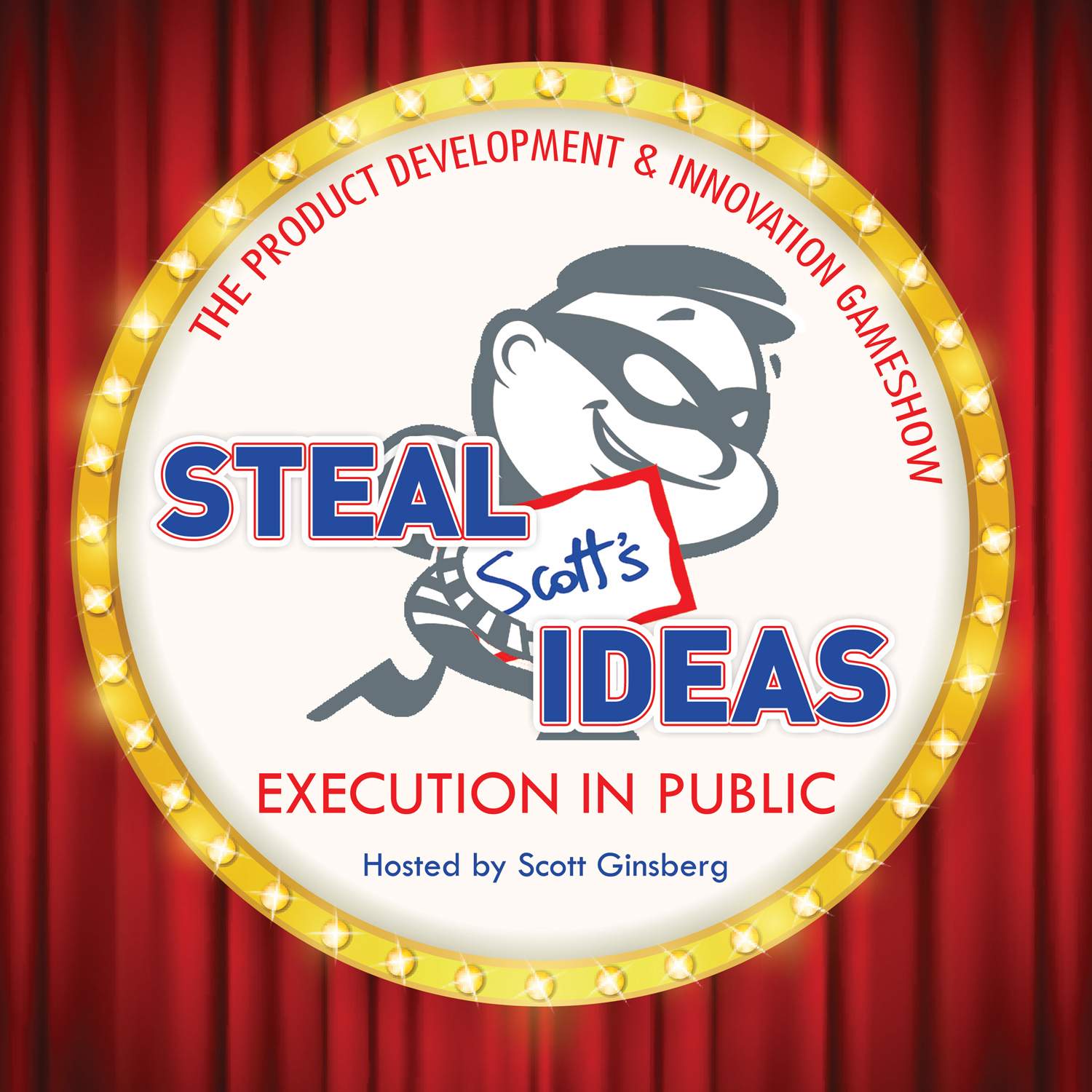 It’s the world’s first, best and only product development and innovation gameshow!
It’s the world’s first, best and only product development and innovation gameshow!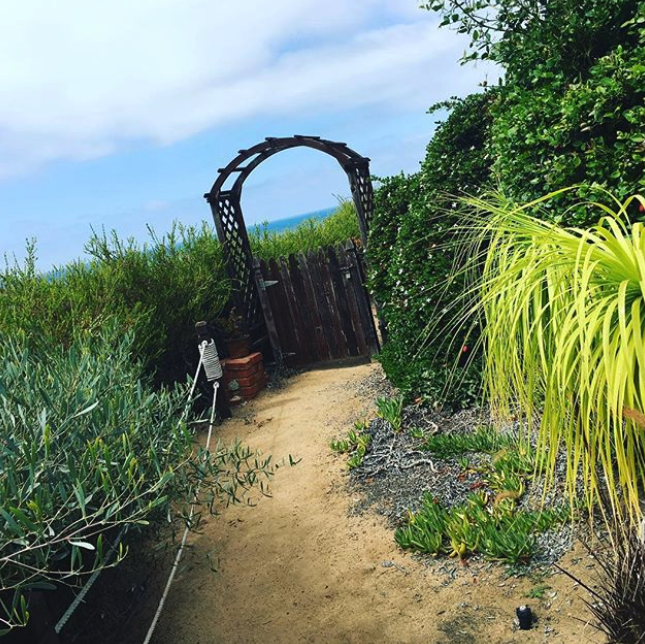
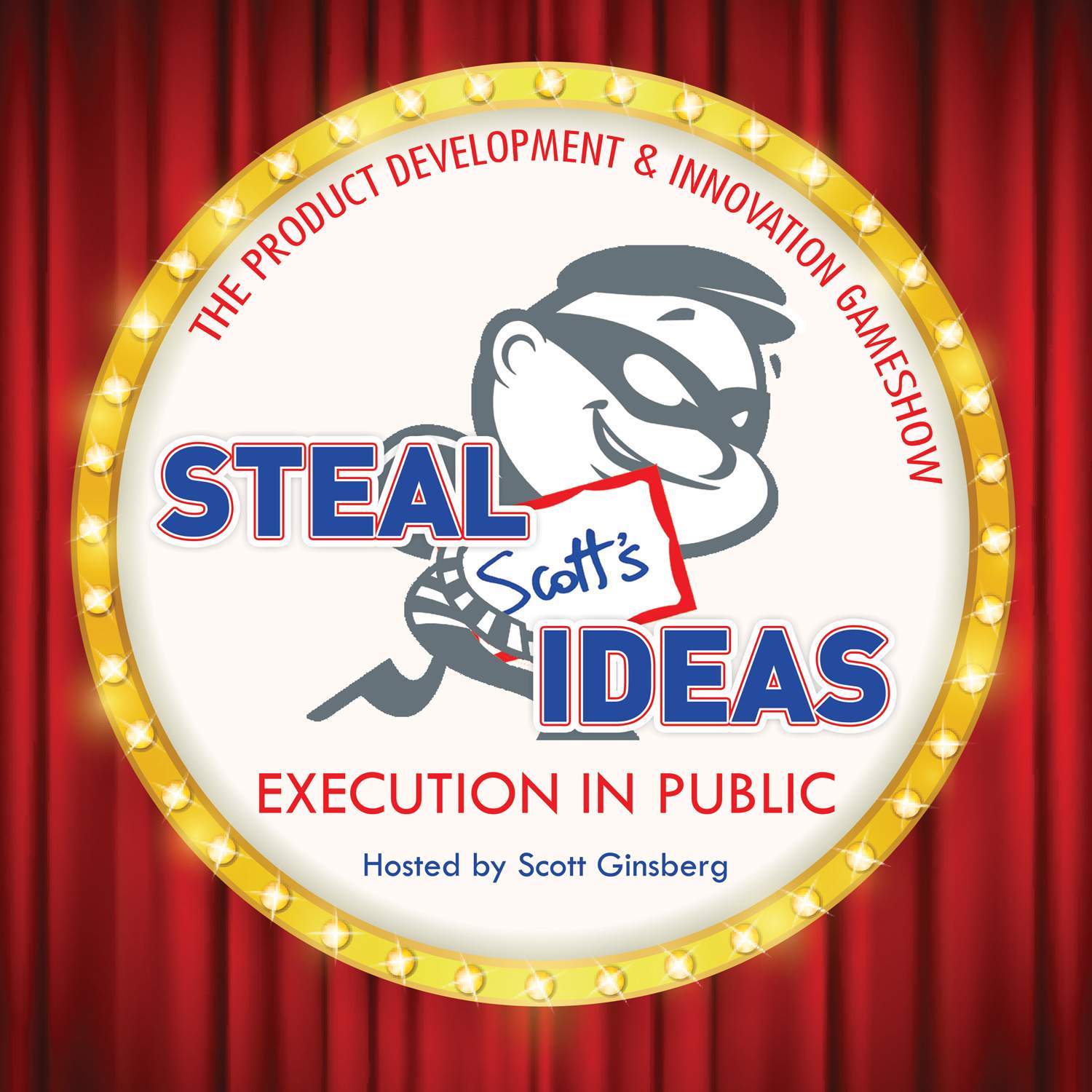 It’s the world’s first, best and only product development and innovation gameshow!
It’s the world’s first, best and only product development and innovation gameshow!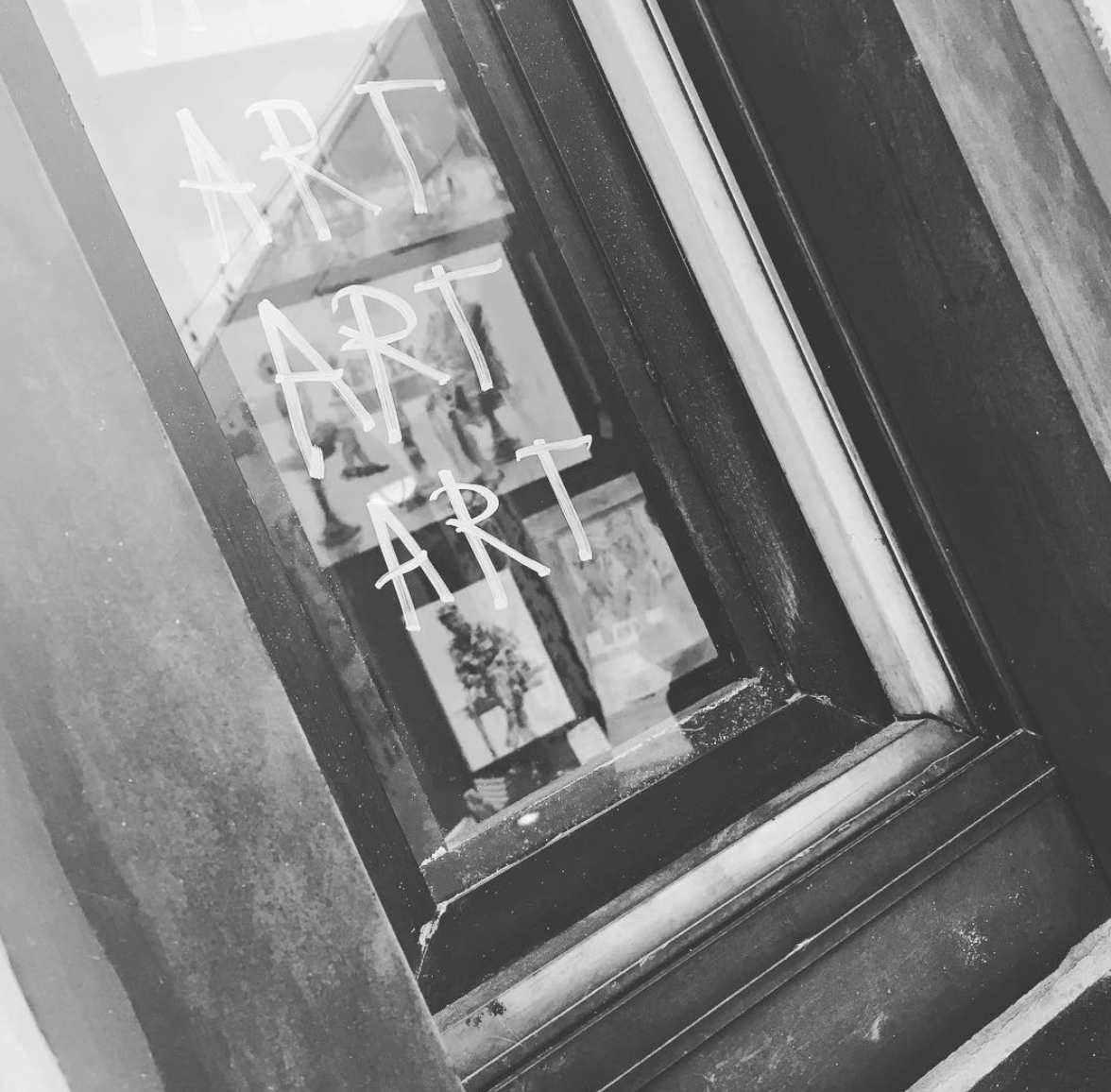
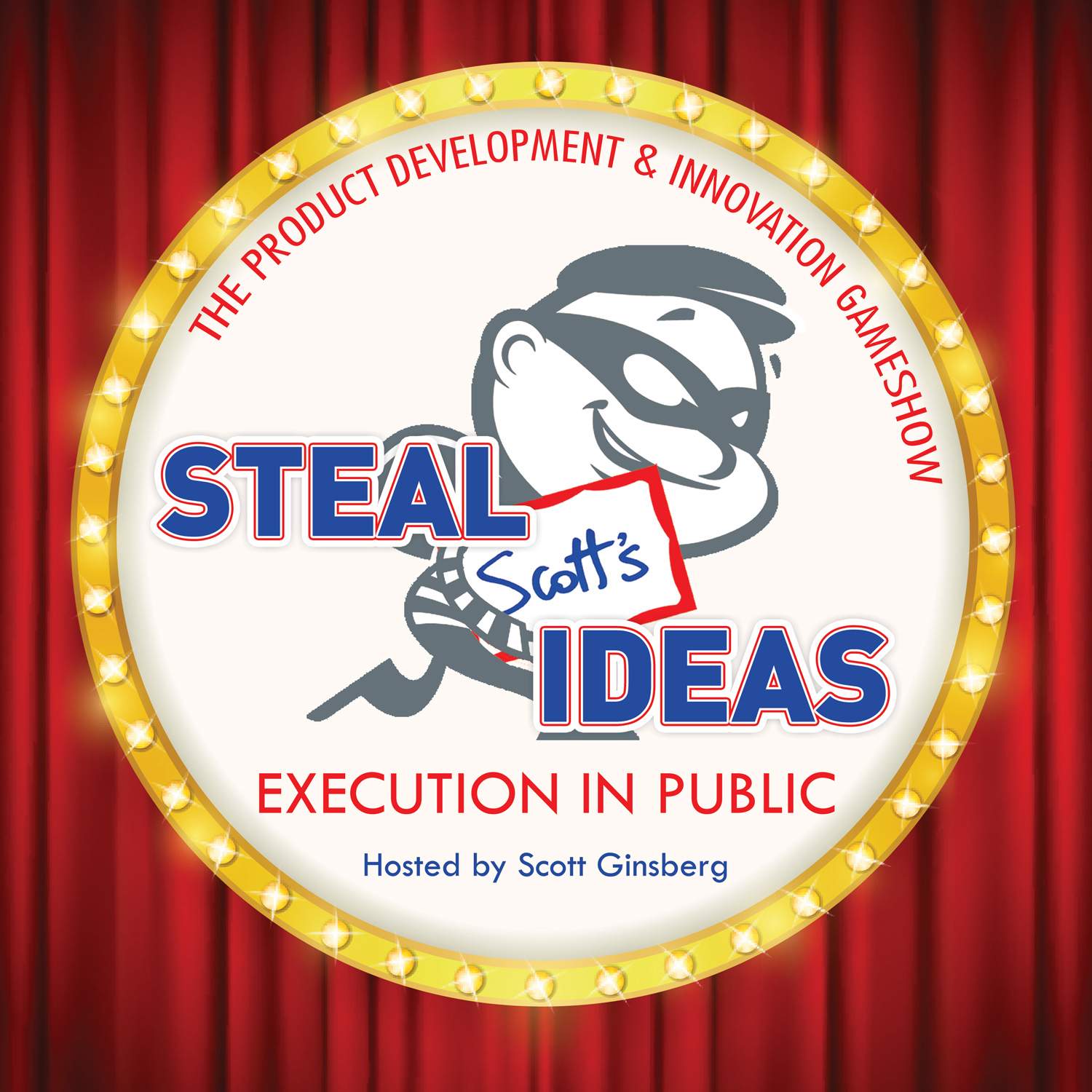 It’s the world’s first, best and only product development and innovation gameshow!
It’s the world’s first, best and only product development and innovation gameshow!
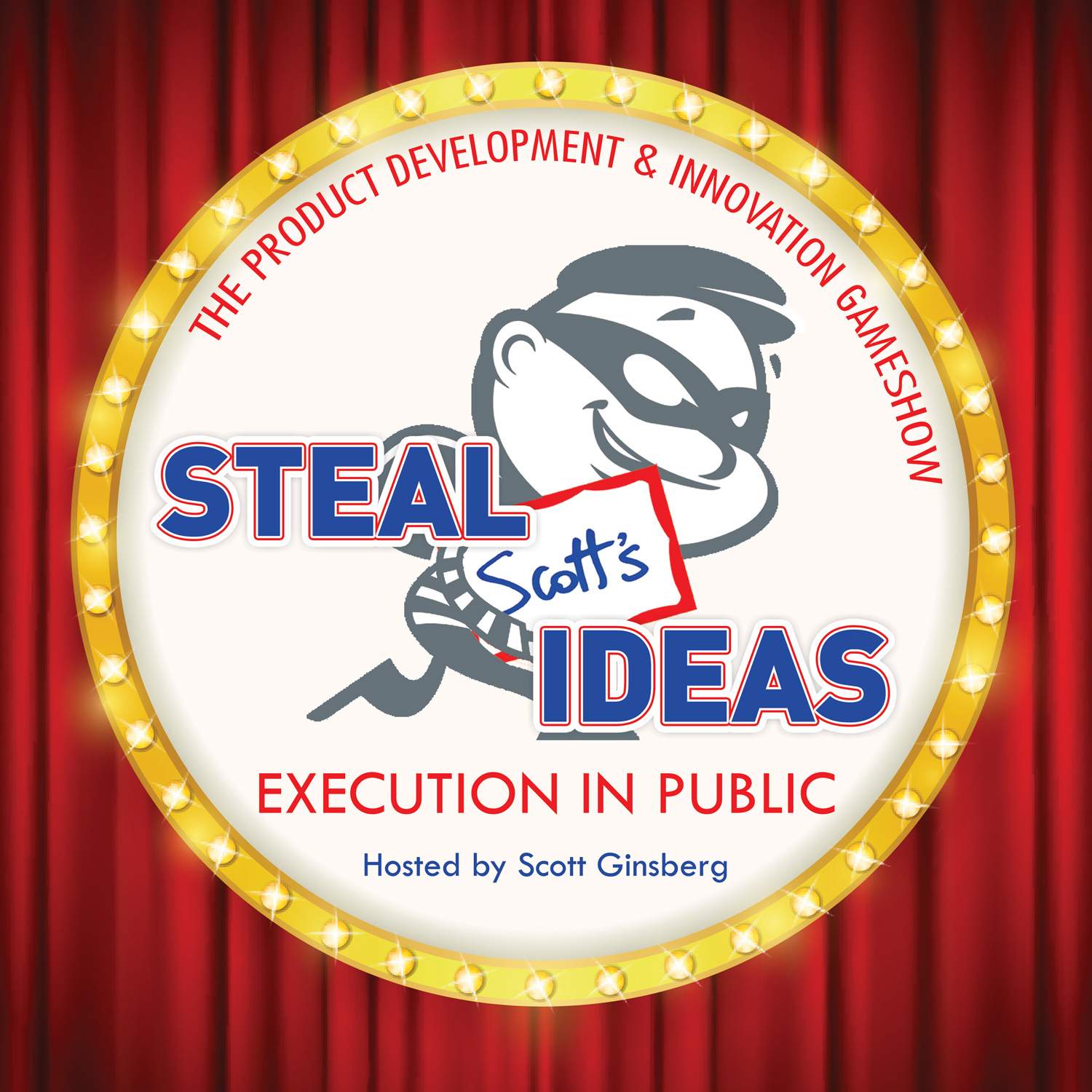 It’s the world’s first, best and only product development and innovation gameshow!
It’s the world’s first, best and only product development and innovation gameshow!
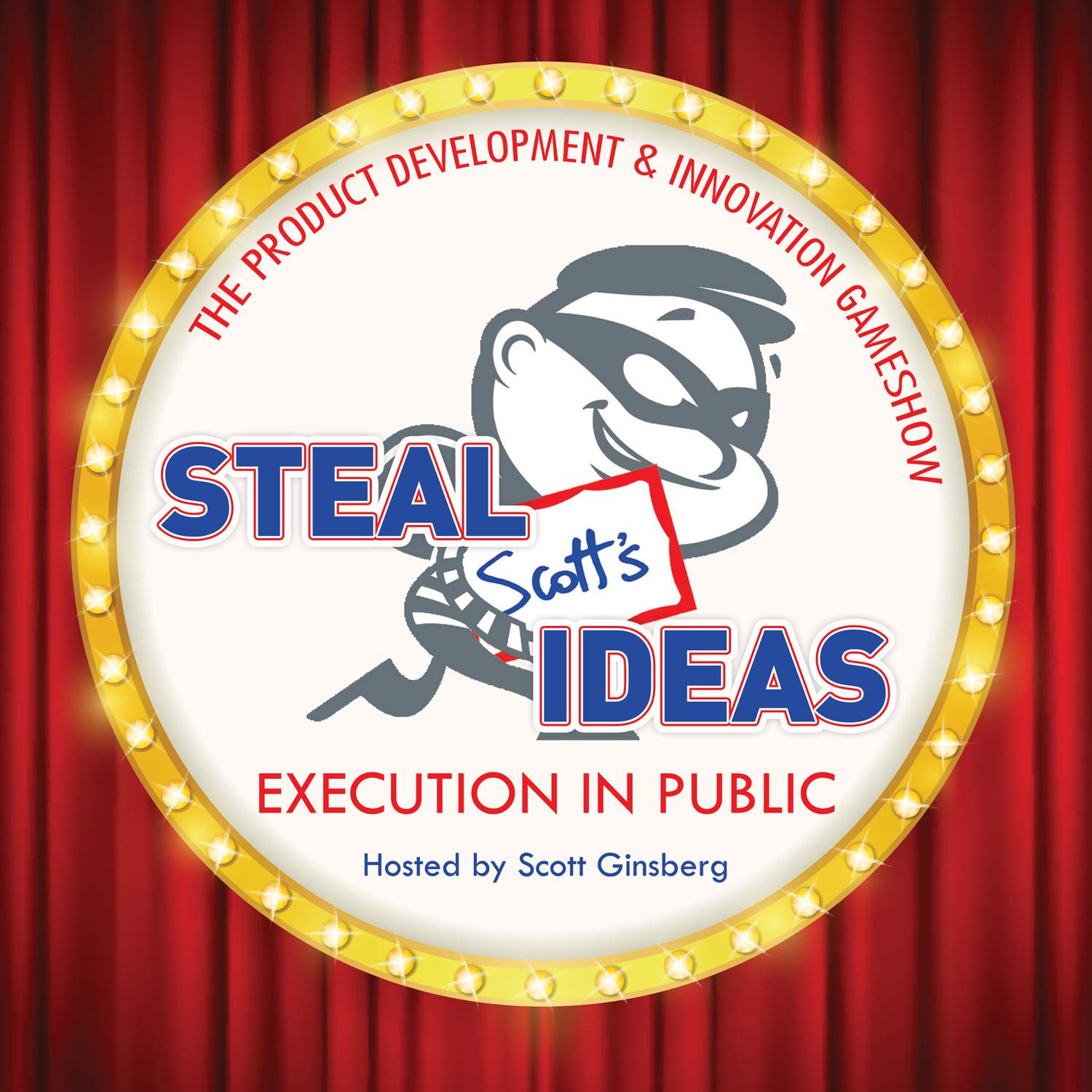 It’s the world’s first, best and only product development and innovation gameshow!
It’s the world’s first, best and only product development and innovation gameshow!